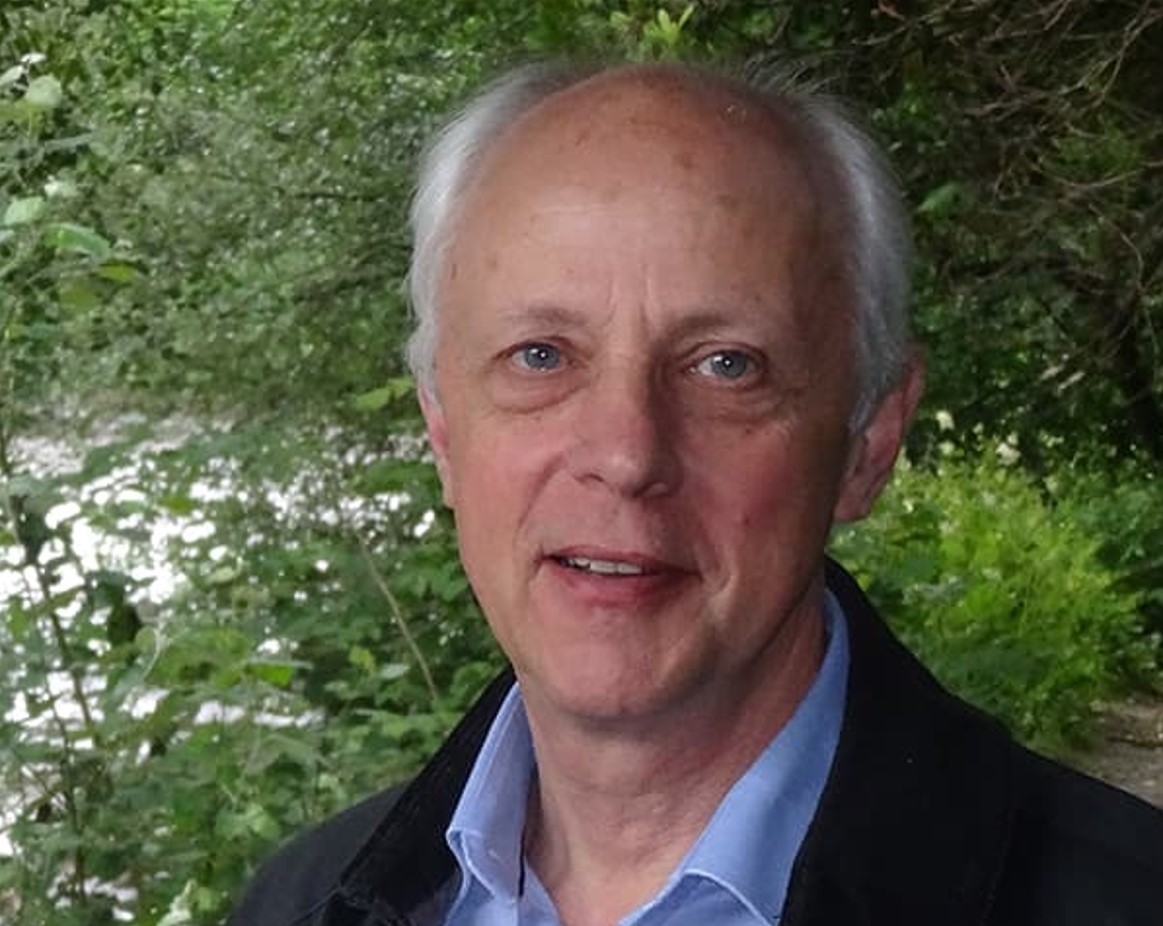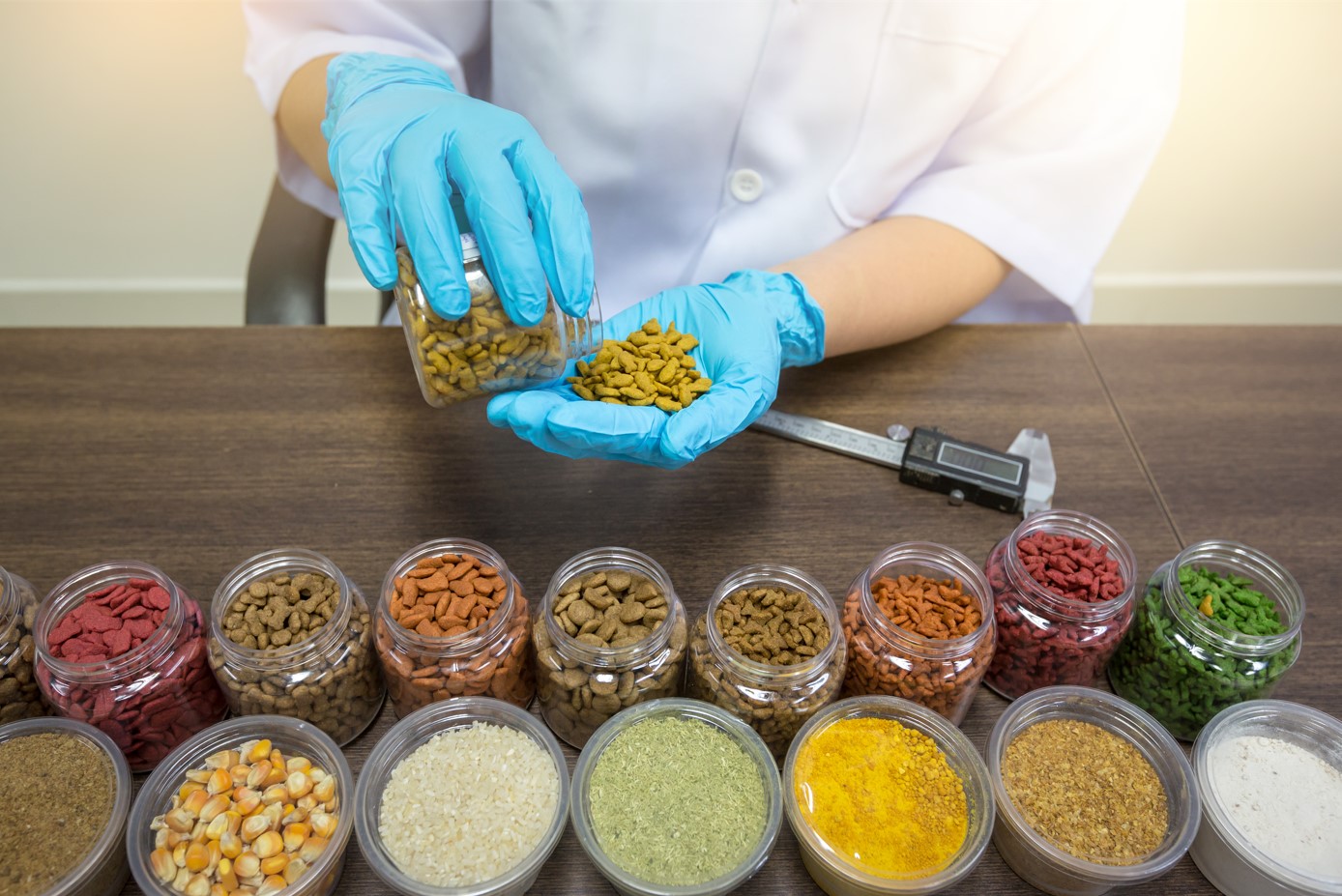Research - MANNA: Fading into the end of the project
Newsletter

The MANNA project is slowly coming to an end. Together, we discovered the projects of all the researchers involved; now it is time to draw some conclusions together with the coordinator of the project, David Eckersall.
The European Joint Doctorate in Molecular Animal Nutrition (MANNA) is an EU network whose mission is to provide a Double Doctorate-level training programme, valid throughout Europe, on innovative technologies applied to animal science and nutrition. The MANNA Joint Doctoral project is an MSCA Innovative Training Network funded by the European Commission under the Horizon 2020 programme. This is the last piece of a series of articles on the MANNA doctorate, through which we discovered in detail its projects and the related early-stage researchers (ESRs).
However, now it’s time to draw some conclusions together with the Project Coordinator, David Eckersall, who accepted to be interviewed and shared his personal view on these last three years of the MANNA project – he also shares a piece of advice you do not want to miss!
Can you guide us through the beginning of the MANNA project?
The European Joint Doctorate in Molecular Animal Nutrition (MANNA) started in 2018 which seems an age away, before the world was affected by the COVID-19 pandemic, which has had such a severe effect on mobility of researchers in and around Europe. Such mobility is one of the key ingredients of the Marie-Skłodowska Curie Innovative Training Networks of which our project is a beneficiary.
After award of the project designed to create a European Double Doctorate-level training programme applying innovative technologies to animal science and nutrition, the ESRs were recruited by an exhaustive process such that the 11 candidates were selected and ready to start their journeys of discovery and endeavour by the time of our core training meeting held close to Glasgow on the shores of Loch Lomond. The core course was the precursor for the close collaboration between the universities in the project from Glasgow (Scotland), Milan (Italy), Bonn (Germany), Barcelona (Spain), Zagreb (Croatia), and Košice (Slovakia) and provided the first opportunity for the ESRs to meet, not only the assembled supervisors, but also non-academic partners and most importantly the other ESRs. Internal communication by Twitter and Facebook was established to ensure the ESRs were in contact with each other from the start, but were also able to communicate their research to a broader public.

The second year progressed very well, didn’t it?
The following year of 2019 was the calm before the storm and MANNA progressed with ESRs learning the basis of their individual projects, interacting with their primary supervisors, plentiful consultation with their secondary supervisors and both universities of their double PhD degree. The MANNA project has an emphasis on training in scientific and related aspects for future career options and ESRs accomplished much generic instruction in varied areas not only of technology but in data analysis, dissemination, and public engagement. The year was crowned with the first MANNA Summer School in Lodi hosted by the University of Milano (Italy) where OMICs technology applied to animal nutrition was the focused topic. Updates on the progress of the individual ESR projects were well received by supervisors and the external examiners board alike. Little did we know of the horrors lying ahead for research and training that relied on mobility across the continent.
The horror is called pandemic. It affected basically every single researcher… What happened to the MANNA consortium?
The following year of 2020 will be remembered as the year of COVID affecting everyone and has had a major impact on the MANNA project, though through remarkable resilience of the ESRs it is likely that the plans for their double PhD degrees though necessarily modified and extended in time frame will still come to fruition. The effects on MANNA have been manifold, from the initial problems of a complete shutdown of transport between countries so that ESRs were faced with months of home working without access to laboratories and not located in the most appropriate locations. Zoom meeting becoming the norm for all meetings, not just for management meetings but also for student–supervisor meetings and for training courses being given across Europe. Ultimately the second Summer School scheduled to be in Dubrovnik (Croatia), hosted by the University of Zagreb, was also turned into an online meeting. Planned placements with the non-academic partners were severely curtailed. Perhaps the most affected aspects of the COVID pandemic were that travel to major conferences by the ESRs was not possible; for example, a whole session of the European Association for Animal Production Congress 2020 was devoted largely to MANNA and became an online event rather than being held Lisbon (Portugal).
What’s the situation now?
By 2021, laboratory work had restarted under the controlled conditions of COVID checks and regular Zoom meetings have demonstrated that the ESRs have been noticeably resilient, with limited but essential travel between supervisors’ laboratories being undertaken with multiple infection testing and quarantine as required. Planning for the third Summer School in Bonn (Germany) has assumed that international travel will not be restored sufficiently for a face-to-face meeting, but ESRs have been making steady progress towards the completion of their theses and graduation with their PhD will be a notable feat during the time of COVID.
The project is coming to an end, and we have seen how difficult it was to manage a pandemic. However, what do you expect to obtain in terms of results from the MANNA projects?
From the MANNA project the priority result is that all ESRs will become highly competent scientists and will graduate with dual degrees from the two universities where they are registered. To accomplish this, each project is expected to produce [some projects already produced] novel and interesting findings that can be published in leading scientific journals. On another level the MANNA project expects to provide the scientific and related training such that all of the ESRs will go on to have a successful career in scientific or industrial research and contribute to our knowledge of animal health and nutrition and especially in the use of OMICs technology at the cutting edge of science to these areas. Predicting exact results that will come from the MANNA projects is a fool’s errand for supervisors as well as students. Indeed, the most interesting results are those we do not expect that can then lead on to new hypotheses and further experimentation, so we are in the realm of seeking out both known unknowns and also unknown unknowns. We fully expect there to be a raft of experimental results which by the end of MANNA will make a major contribution to European research.
To conclude this brief interview, which advice would you like to give to an early-stage researcher for a brilliant career?
If you read and understand the literature to be aware of what research has gone before; understand all the methods relevant to your research area; recognise and answer gaps in the current knowledge to seek new questions to address; learn to apply statistics to ensure significant results; develop expertise in writing papers in English for publication in international journals; become adept at making incisive conference presentations, but do not overestimate the knowledge of the audience; invent novel methods of investigation or analysis; be aware that strange results may lead to new discovery but confirm a new finding before dissemination; build a network of international contacts; contribute to the organisation of national and international associations; do not believe everything your elders and betters say; acquire a mentor who will provide an invisible hand in your academic career and who will glory in your progress; look forward to going to the laboratory every day, then you will have a great and brilliant career.
Ruben Riosa
University of Bonn, Germany, and University of Glasgow, Scotland
MCAA Editorial Team
rriosa@uni-bonn.de